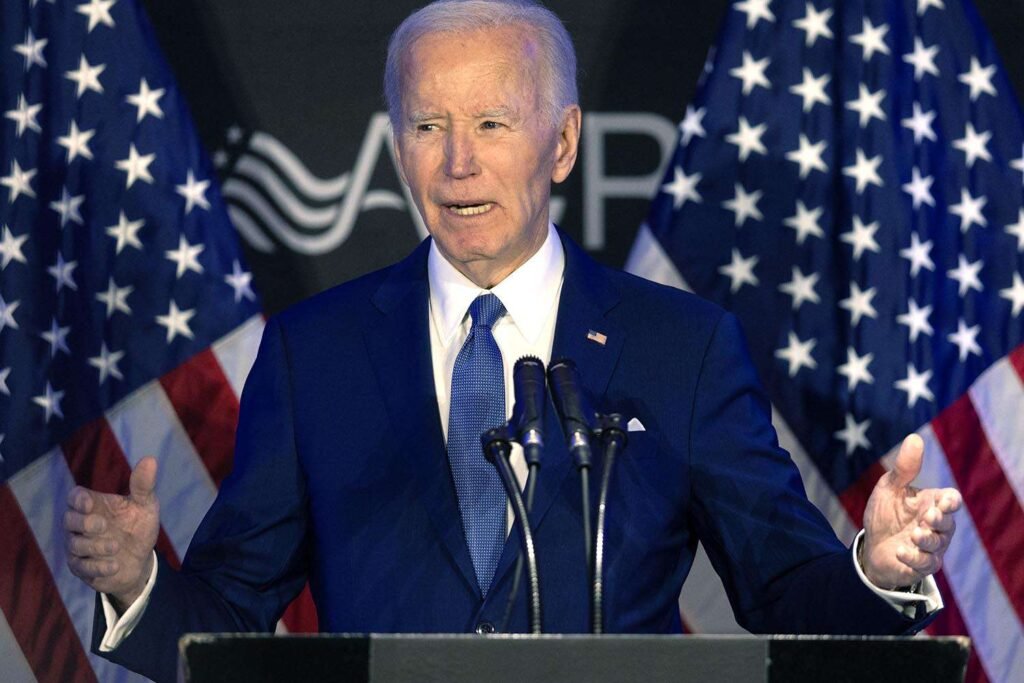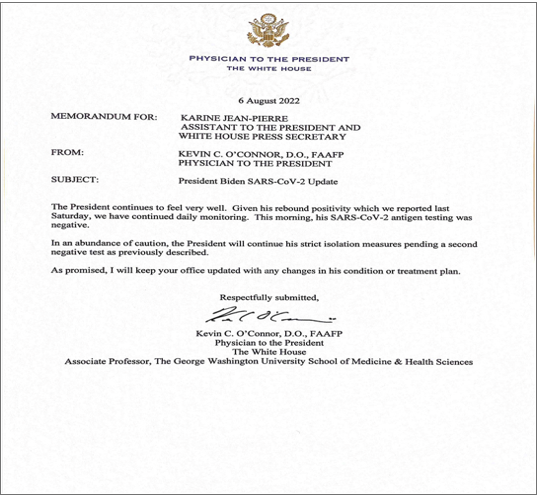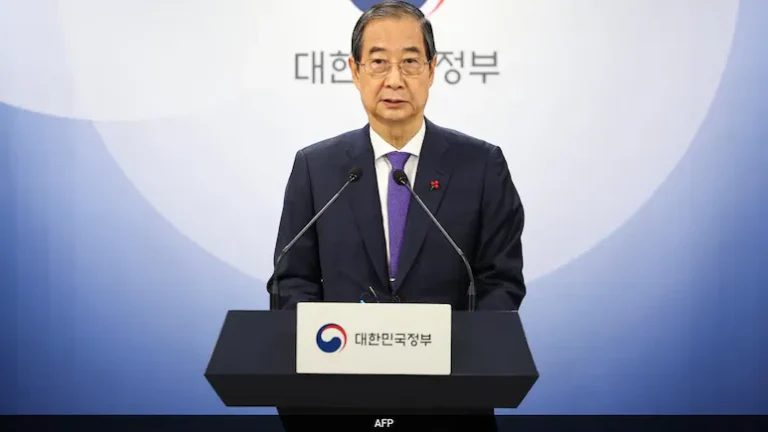
On May 18, 2025, news broke that U.S. President Joe Biden had been diagnosed with prostate cancer and underwent a successful treatment procedure. The announcement, which came through an official statement by the White House physician, Dr. Kevin O’Connor, sparked widespread concern and speculation regarding Biden’s health, leadership continuity, and the transparency of medical disclosures from public officials. This news analysis delves into the incident through a factual, objective, and critical lens to unpack the implications, context, and broader relevance of this development.
Diagnosis and Timeline
According to the official memo released by Dr. O’Connor, President Biden was diagnosed with localized prostate cancer earlier in the year and underwent a successful robotic prostatectomy at Walter Reed National Military Medical Center. The statement emphasized that the cancer was detected early during a routine health screening and that there was no sign of metastasis. President Biden resumed his presidential duties shortly after the procedure, reportedly without complications.
While the White House confirmed that the procedure was not recent, it raised questions about the timing of the disclosure and the extent to which public health information about a sitting president is shared proactively.

Medical Expert Perspectives
Oncologists describe Biden’s cancer as “aggressive” due to its Gleason score and metastasis, but note that hormone-sensitive tumors respond well to androgen-deprivation therapies.
Treatments such as luteinizing hormone–releasing hormone (LHRH) analogs or androgen receptor inhibitors (e.g., Zytiga, Xtandi) can shrink tumors and delay progression. Experts caution, however, that bone metastases complicate management, potentially requiring bisphosphonates or radiopharmaceuticals to strengthen bones and relieve pain.
Historical and Political Context
Presidential health has always been a subject of public interest, particularly in the U.S., where the leader’s ability to govern directly affects national and international affairs. Historically, the health of presidents like Franklin D. Roosevelt, John F. Kennedy, and Ronald Reagan was either downplayed or concealed from the public.
Recent administrations have leaned toward more transparency. Biden’s health disclosures over the years have generally been routine and detailed. However, the delayed announcement in this instance sparked concern about selective transparency, especially in an election year when the president’s age and cognitive health are already under scrutiny.
Transparency and Public Communication
The White House stated that the diagnosis and treatment were kept private initially to allow the president time to recover and to prevent unnecessary panic. While this may appear reasonable, critics argue that public officials, especially presidents, are ethically obligated to keep citizens informed about serious health issues in real time.
Political and Electoral Implications
The diagnosis inevitably adds a new dimension to the already charged 2024–2025 electoral cycle. President Biden has declared his intent to run for a second term. Opponents have frequently highlighted his age and fitness for office as key concerns.

While prostate cancer, especially in its early stages, is highly treatable, the political optics of a cancer diagnosis in an 82-year-old candidate could influence voter perception. It may also impact internal discussions within the Democratic Party regarding potential successors or backup candidates.
Globally, the health of national leaders is often treated with a mix of secrecy and staged transparency. For instance, Russian President Vladimir Putin’s health has long been shrouded in mystery, while British Prime Minister Boris Johnson’s hospitalization during the COVID-19 pandemic was openly shared with the public.
The U.S., with its democratic values and emphasis on public accountability, arguably sets a higher standard. Biden’s delayed disclosure, while medically non-alarming, may set a concerning precedent if not addressed with improved communication moving forward.
Impacts Beyond Politics: Raising Awareness
Unexpectedly, Biden’s diagnosis may also bring greater awareness to men’s health issues, particularly prostate cancer. Public figures sharing their medical experiences often lead to increased screenings and open discussions around diseases typically stigmatized or ignored.
Future disclosures should clarify treatment timelines and health status updates to maintain public trust. Additionally, broader data on metastatic prostate cancer survival will inform realistic expectations for Biden’s prognosis.
Leadership and Transparency
President Biden’s prostate cancer diagnosis is a deeply personal health matter with far-reaching public and political implications. While the successful treatment and early detection signal no immediate threat to governance, the manner and timing of disclosure raise valid concerns about transparency in public office. This incident highlights the delicate balance between medical privacy and public accountability, especially when national leadership is involved.




